The U.S. Department of Education accepted Baylor University’s request for exemption from Title IX’s sexual harassment provision after the private Baptist school asked to dismiss discrimination complaints filed by LGBTQ+ students that the university said were “inconsistent” with the institution’s religious values.
In 2021, the Religious Exemption Accountability Project (REPA) filed a Title IX complaint on behalf of former student Veronica Bonifacio Penales. Penales accused the university of tolerating sexual harassment after the school failed to address homophobic slurs she received from other students on campus and social media.
Paul Southwick, director of the REPA, decried the Department of Education’s ruling in a statement. “For the first time in Title IX’s history, a federally-funded university has been given special permission, by the Biden Administration no less, to allow its LGBTQIA+ students to be sexually harassed,” Southwick wrote.
Over the past two years, religious universities invoking their right to exemption from certain Title IX dispositions in the name of religious freedom has been viewed by many LGBTQ advocates as a mechanism to avoid granting equal treatment and protection to queer students attending religious institutions.
But the direct consequences of this decision are still unclear and will depend on how the federal agency will apply it to specific cases, said Joe Baxter, REAP’s deputy director.
Your tax-deductible gift helps our journalists report the truth and hold Christian leaders and organizations accountable. Give a gift of $30 or more to The Roys Report this month, and you will receive a copy of “Baptistland: A Memoir of Abuse, Betrayal, and Transformation” by Christa Brown. To donate, click here.
“This could put students at risk of not being protected from sexual harassment that occurs on these campuses, and LGBTQIA students are very much at risk of this kind of harassment in the schools,” he said.
As students return to campus for the fall semester, Penales worries about the implications of this decision for incoming LGBTQ+ students at Baylor. For now, no final decision has been made regarding her original complaint.
“I know many will not feel safe returning to campus, and rightfully so. If Baylor believes it has a religious liberty right to allow us to be harassed, there truly is no protection for us,” she wrote in REAP’s statement.
In a statement issued early Monday to Baylor’s students, faculty and staff, the university’s president, Linda A. Livingstone, said the school requested an exemption from the Title IX provision that prohibits sexual harassment in response to current considerations of the Department of Education to expand its definition of sexual harassment. The modification could “infringe on Baylor’s rights under the U.S. Constitution, as well as Title IX, to conduct its affairs in a manner consistent with its religious beliefs,” according to the statement.
Livingstone said the decision won’t alter how the university investigates sexual harassment complaints.
“There will be NO CHANGES to Baylor’s current practices or policies related to sexual harassment and other forms of sexual and interpersonal conduct resulting from this assertion of our existing religious exemptions,” she wrote in the statement.
Baylor University has been accused in the past of mishandling sexual assault accusations. According to a 2016 independent investigation commissioned by the university and conducted by the Pepper Hamilton law firm, “the school failed to take action to identify and eliminate a potential hostile environment” and “identify and respond to a pattern of sexual violence by a football player.”
Kathryn Post and Julie Roys contributed to this story.
Fiona André is a contributor to Religion News Service.




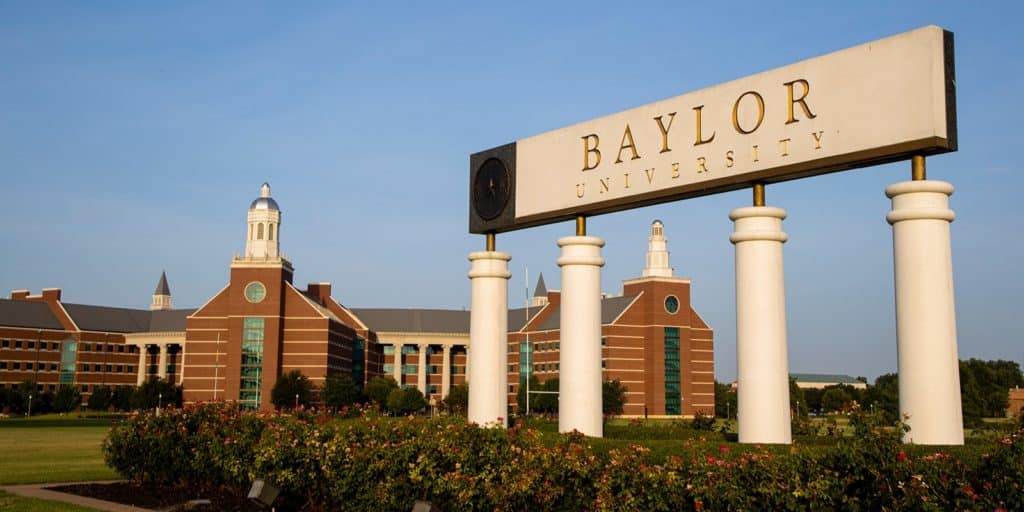
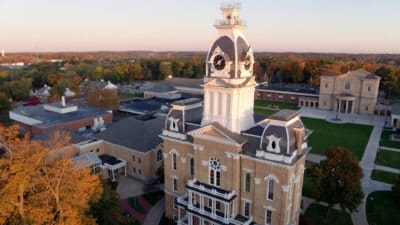

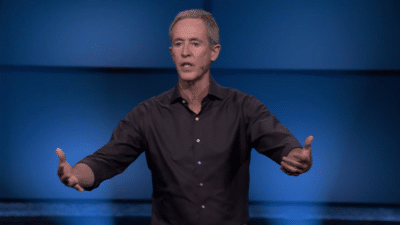
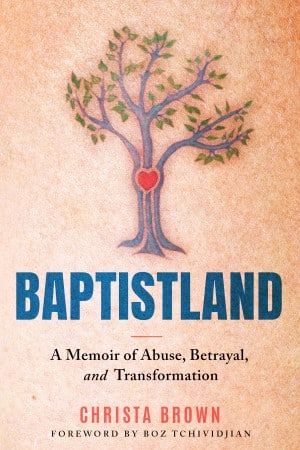
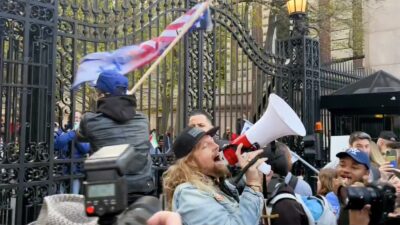
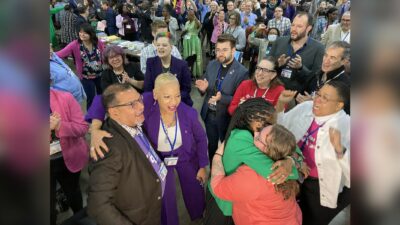
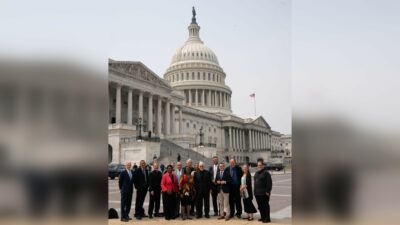









7 Responses
I have several questions:
1. I doubt the University receives any direct funding from the Federal Government. The students may attend on federal grants. Sits your source please.
2. Why would a LGBTQ student want to go to a Religious school? Just to cause trouble?
they probably go there because they are christians and want a religious education. or they got scholarships. who knows? but regardless, they should be protected from slurs and harrasment.
“Why would a LGBTQ student want to go to a Religious school? Just to cause trouble?”
Many religious people are also LGBTQ+. It’s not an either/or.
I think a better question is, why would an institution that presents itself as Christian want to allow its students to toss around homophobic slurs?
They might want to learn about God.
The issues threading themselves through what this article reports on, aren’t going to go away, are going to remain contested, and by constituencies relying on mutually exclusive hermetics.
For each constituency, loss to the hermetic of the other constituency, is taken to constitute something of an existential death or denial.
There are then other neutral constituencies for whom society’s position-taking on those issues, are not so existential. Such that suggestion as to eventual resolution is available, even if not welcomed at present.
However, neutrality becomes difficult to sustain, if and as the hermetic contestation involved, bleeds negatively into politics and societal arrangement, as it has done in the USA in a decade past, and is playing out currently in other societies and between other societies (and blocs of societies).
In this circumstance, it is then arguable that Baylor University, in taking the conservative turn here reported, is neglecting an opportunity to constructively address divisions which have concerning local and global manifestations.
What is the expanded definition of sexual harassment by the DoE that Baylor is concerned about? Do other religious-based schools have the same concern?
So Baylor hides the predatory sexually violent behavior of a football player, but takes an open stance against LGBTQIA students – under the guise religious freedom.
Talk about missing the point.